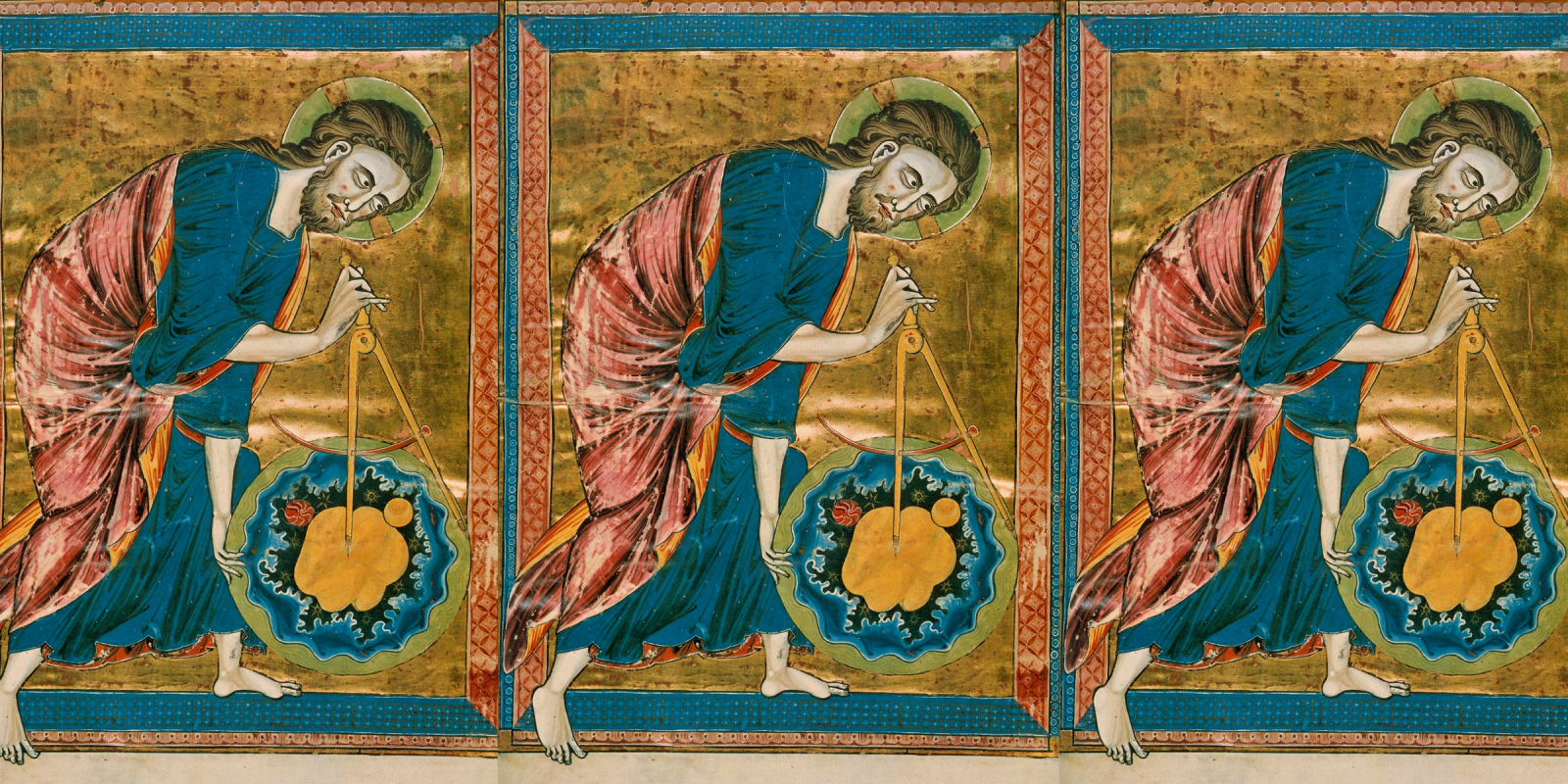


Bill Dembski Reflects on The Origins of a Classic

Did Chess Ace Hans Niemann Cheat? A Design Detection Poser
On this ID the Future, mathematician William Dembski and host Eric Anderson explore whether design detection tools shed any light on the recent chess scandal involving world chess champion Magnus Carlsen and American grandmaster Hans Moke Niemann. Did Niemann cheat in a match where he beat Carlson, as some have claimed? There is no smoking gun in the case, so how might one determine if cheating occurred? At first glance the problem might seem far removed from the design detecting rules and tools Dembski laid out in his Cambridge University Press monograph The Design Inference. But actually there is some intriguing overlap. Is there a way to dig into the chess data and determine whether Niemann secretly used a computer chess engine to help him win the match? Tune in as Dembski and host Eric Anderson wrestle with the problem.

William Dembski Teases an Updated Edition of an ID Classic
On this ID the Future, mathematician and philosopher William Dembski shares with host Eric Anderson about a revised and updated edition of Dembski’s pioneering 1998 Cambridge University Press book, The Design Inference. Dembski says he stands by that work and his early contributions to intelligent design theory, but adds that he has learned a lot more in the intervening years, particularly from his work with Robert J. Marks and Winston Ewert at the Evolutionary Informatics lab. Lessons from that and other work, Dembski explains, will enrich the new edition. What light do these design-detecting methods shed on modern evolutionary theory? Tune in as Dembski explains.

William Dembski: Why Intelligent Design Matters
On this ID the Future intelligent design pioneer William Dembski unpacks one of his chapters in The Comprehensive Guide to Science and Faith: Exploring the Ultimate Questions about Life and the Cosmos, which Dembski co-edited with Joseph Holden and episode host Casey Luskin. The chapter, “Why Intelligent Design Matters,” focuses on ID’s cultural implications. Dembski notes that atheists use mindless evolution to provide a God-free explanation for life and the universe. Intelligent design checks that move, showing that blind material processes couldn’t have created many things in nature, much less the cosmos itself. Intelligent design is the better explanation. What about the idea that an alien created, say, the first life on Earth (intelligent design without the need for God)? Dembski says that idea–one that some atheists have suggested as a fallback explanation—is a poor explanatory substitute for an immaterial intelligent designer.

William Dembski on Scientism, Science, and Christian Faith
On today’s ID the Future, philosopher William Dembski and host Casey Luskin explore the relationship between science and faith. What is science? What is faith? How does Christianity define faith? Dembski explains that faith in the Judeo-Christian tradition is not the opposite of reason; at the same time, faith possesses a relational component—trust in a just, gracious, and reasonable God—that goes beyond mere assent to propositions. As for science, Dembski describes it as a careful search for truths about the natural world, including truths about key elements such as the birth of our fine-tuned universe and the origin of living things. Dembski says that he is convinced that scientific discoveries, unshackled from atheistic blinders, point strongly to intelligent design as the best explanation for life and the universe, a conclusion friendly to theism. As Dembski also notes, science was invented by theists, most of them Christians. They were motivated to search out the rational underpinnings of a cosmos because they believed it was fashioned by a rational designer. The occasion for the conversation is the recent Harvest House anthology, The Comprehensive Guide to Science and Faith: Exploring the Ultimate Questions about Life and the Cosmos, which Dembski co-edited and contributed a pair of chapters to. Get your copy here.

ID Pioneer William Dembski on His Rocky and Rewarding Journey
On today’s ID the Future intelligent design pioneer William Dembski tells the story of his rocky journey into and out of higher education, the reasons for his sabbatical from the ID movement, his recent success as an entrepreneur, and his return to intelligent design work. Along the way Dembski bats down a mistaken rumor about his sabbatical. The occasion for his conversation with host Casey Luskin is the recent anthology Dembski and Luskin contributed to and helped edit, The Comprehensive Guide to Science and Faith: Exploring the Ultimate Questions about Life and the Cosmos.

James Tour Interviews William Dembski, Pt. 2
Today’s ID the Future again features Rice University synthetic organic chemist James Tour and intelligent design pioneer William Dembski. Here in Part 2 they discuss information theory, probability theory, the origin of life, evolution, the multiverse hypothesis, and Dembski’s contributions to the theory of intelligent design. Their conversation is borrowed, with permission, from Dr. Tour’s Science & Faith podcast.

James Tour Interviews William Dembski, Pt. 1
Today’s ID the Future features Rice University synthetic organic chemist James Tour and intelligent design pioneer William Dembski discussing information theory, information as a meaningful reduction of possibilities, Shannon information versus specified information, and how natural selection has come to function as a God substitute for many scientists, despite the lack of evidence. The conversation is borrowed, with permission, from Dr. Tour’s Science & Faith podcast.

Bill Dembski Teases the 2021 Dallas ID Conference
On this ID the Future, intelligent design pioneer William Dembski talks with host Robert Crowther about his return to the intelligent design arena and what he’s been up to during his time away from the front lines of the ID movement. He also gives a sneak preview of the talk he plans to give at this Saturday’s Dallas Conference on Science and Faith. The February 20 conference is open to both in-person and live online attendance. To learn more about this exciting event, and to register, go here.